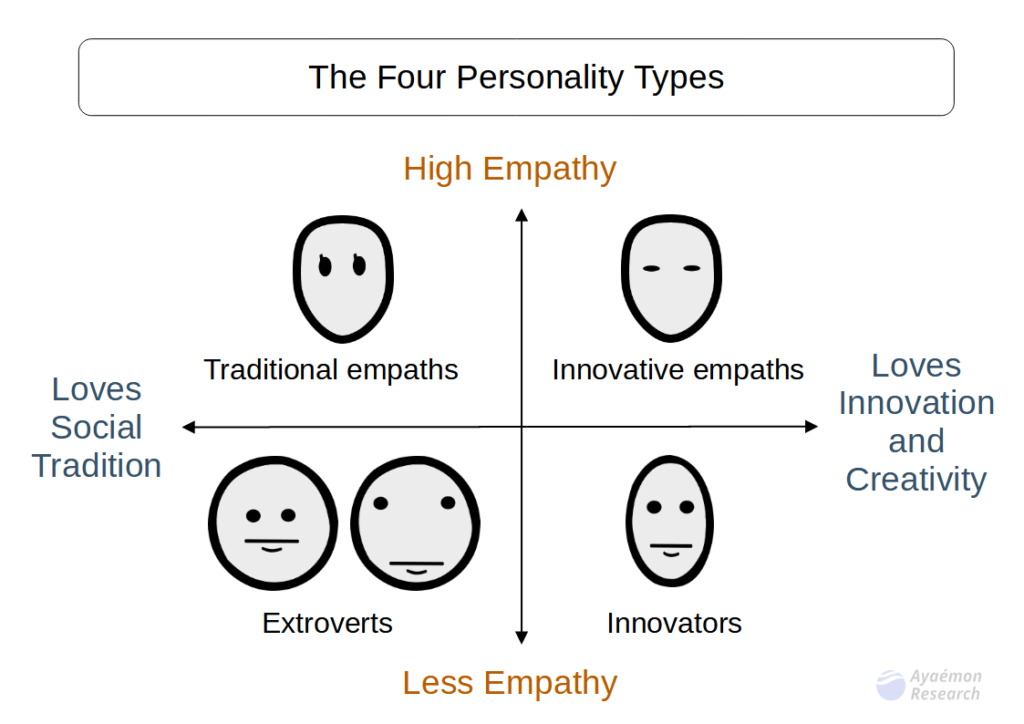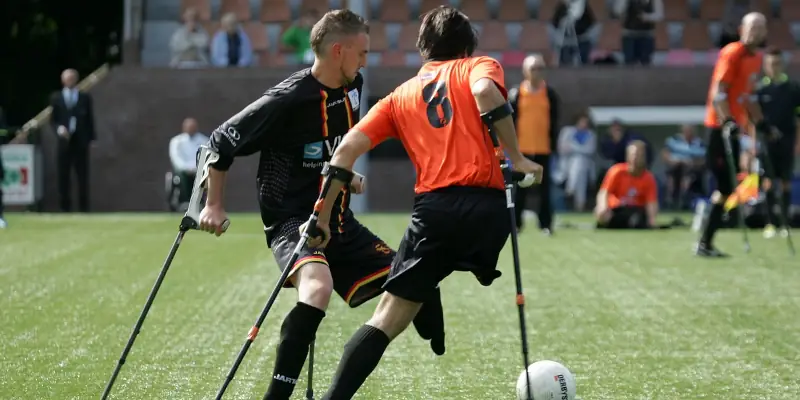These days, I have talked about a new mental therapy that I call the Cross-Judging Method. Today, I will explain the broader picture of how to ease our mental loads, such as anxiety and regret, for highly empathic people.
How to ease our anxiety and regret
Sometimes, we want to know our values to live as we are because many confusing values are inside us, such as an inferiority complex, anxiety, fear of failure, or accusing ourselves of past failures.
We don’t have so much anxiety or regret if we have stable values because we judge our behaviors based on them. We can accept the results and never be ashamed of our past decisions, even if we fail.
However, multiple values inside us often confuse us. Those values shout to us, “You should do this!” “No! You must do this instead of such a worthless thing!” or “You should avoid this pain!” They are based on others’ values. We don’t know which is our voice. That makes our values unstable.

In such mental confusion, we tend to want a correct answer, even though there is no such way in our lives. We try to make losses as few as possible to prevent failures. That causes many mental problems, such as an inferiority complex, anxiety, fear of failure, or accusing ourselves of past failures, as I mentioned above. They often stagnate our current situation and exhaust us.
To solve those mental problems, I will introduce two approaches for highly empathic people. This knowledge might help us solve them.
The four types of personalities
To explain it, I will introduce the four types of personalities that I often use, as follows:

There are four types of personalities: extroverts, traditional empaths, innovative empaths, and innovators. Each has its honorable and shameful behaviors due to its values. These are as follows:
- Extroverts: People who want to live like those around them and win. However, if they make a loss due to their self-judgment or their way, they cannot forgive it.
- Traditional empaths: People who want to help weak people as the similar traditional empaths in their surroundings. However, if they bother someone due to their self-judgment or their way, they cannot forgive it.
- Innovative empaths: People who want to live their way and help weak people. However, if they bother someone in common ways without individuality, they cannot forgive it.
- Innovators: People who want to live their way and win. However, if they make a loss in their common ways without individuality, they cannot forgive it.

We have those personalities inside us. We need to distinguish and calm them down to have mental peace.
The personality that causes problems inside us
If we are highly empathic people, the other side of our personality causes our mental problems. For example, if we are an innovative empath, the personality of traditional empaths causes our mental troubles related to empathy. On the other hand, if we are traditional empaths, innovative empaths inside us cause them.
This concept allows us to distinguish between the values inside us and eases our mental confusion.
I will explain with an example of innovative empaths to make it easy to understand. (If you are a traditional empath, please swap traditional empaths and innovative empaths and replace innovators with extroverts.)

The factor that made it sensitive
Assume we are innovative empaths. In this case, the personality of traditional empaths inside us creates empathic problems.
The typical one is blaming ourselves for our past failures. All our traumatic regrets would be things that bothered others due to our ignorance or immaturity. Those pains cause mental problems, such as fear of change, a bad aspect of perfectionism, and flashbacks. In other words, the personality of traditional empaths mainly affects our attitude toward the future and our recognition of the past.
Perhaps our surroundings in childhood caused it. They stimulated it intensively and frequently. For example, our parents might have repeatedly pretended to be victims of our existence. We are afraid of hurting others if we have highly empathic natures. In other words, our parents took advantage of it to control us.

That made us too sensitive to the personality of the traditional empaths to prevent hurting others. In other words, we are too conscious of it.
Two approaches to dealing with the problem
In this case, we have two approaches to dealing with it. They are as follows:
- Treating directly for the personality of the traditional empaths: We treat past traumatic events and release our repressed emotions. This is effective when we are in a stimulus environment now.
- Stimulating the opposite personality, the personality of innovators: We stimulate the opposite personality and find balance. This is effective when we are in a calm environment now.

Treating directly for the personality
The former is to treat the personality directly inside us. If it is too sensitive, we can care for it.
There could be several ways. One is to feel nature. Nature often calms down our stresses or senses if we are too sensitive. The other way is to look at the personality carefully. Perhaps there are past events that forced us to be so.
If we ease it, the high sensitivity will calm down. This is effective when we are in a stimulus environment or too sensitive now.
Stimulating the opposite personality
The latter is to stimulate the opposite personality. If we have trouble with the personality of traditional empaths, accepting the opposite—the innovator’s personality—will solve it.
We have a limit to reducing our sensitivity just by treating our past pains, especially if we are in a peaceful environment now. In that case, stimulating the opposite personality gives us the power of balance.

This is the approach of the Cross-Judging Method that I explained these days. This is one way to calm down the sense of being too sensitive.
In my case, I am in a peaceful, less stimulating environment now. Although I solved my mental problems these years, I had a limit to ease my blaming myself for my past. Perhaps it is because I did only the former, treating directly about my mind. That is why the latter, the Cross-Judging Method, worked well this time.
Conclusion
They are the two approaches to easing our mental problems related to our high empathy, especially for anxiety and regret.
One is treating directly the personality that causes the problem inside us. The other approach is stimulating the opposite personality of it inside us. We can use both based on our situation.
This knowledge might help us solve the mental load.
Thank you for reading this article. I hope to see you in the next one.


